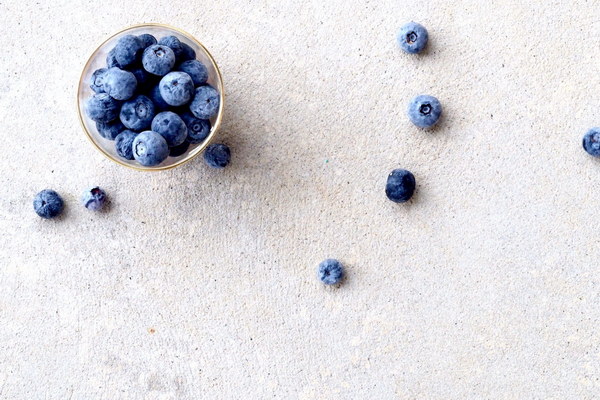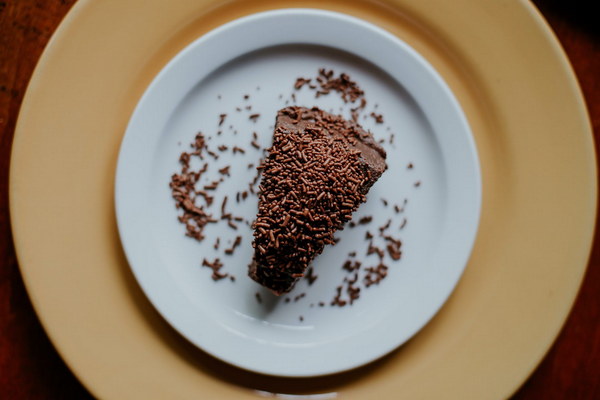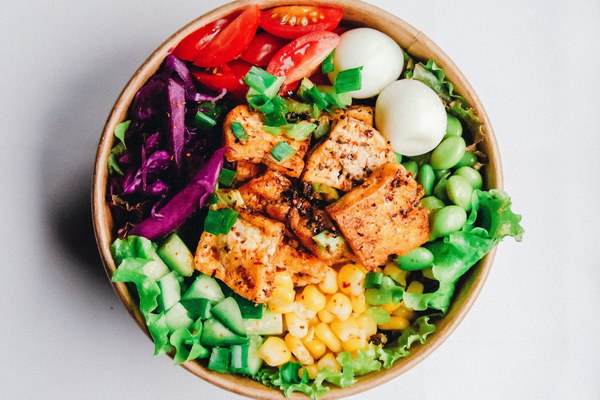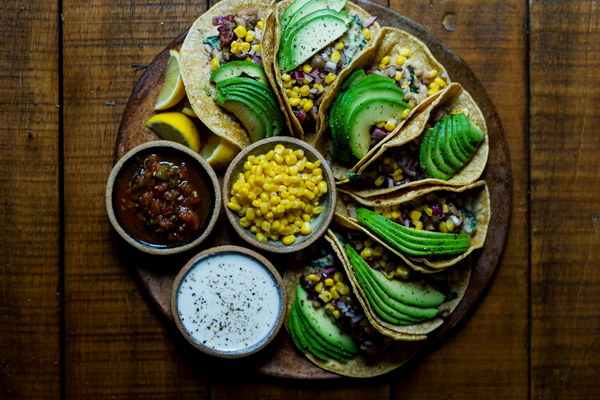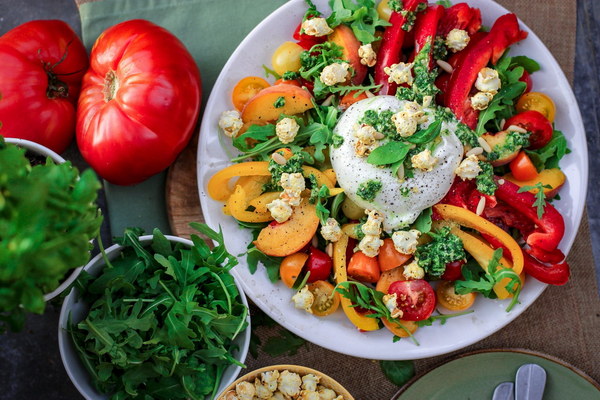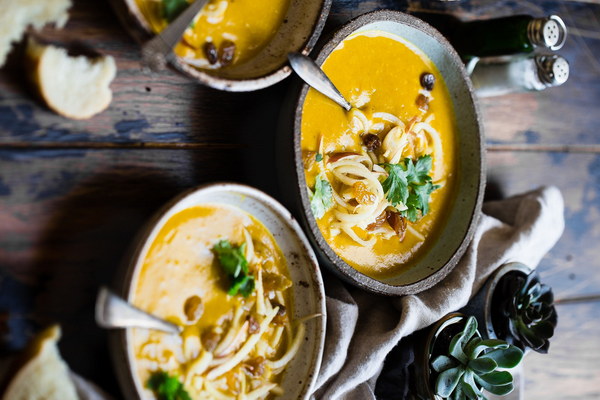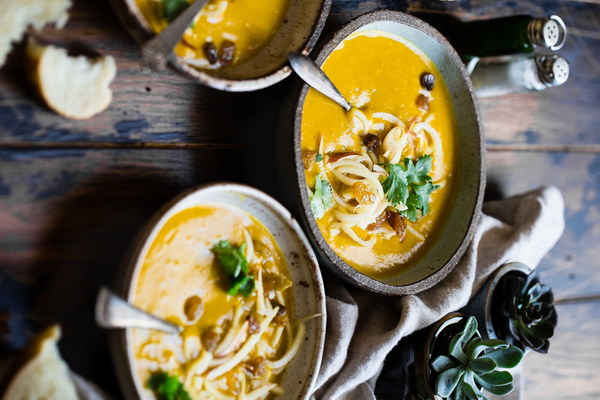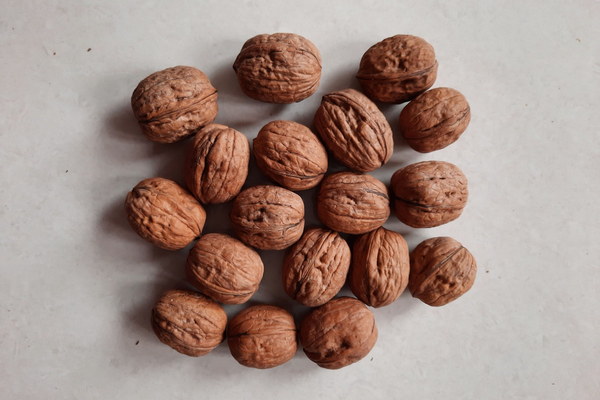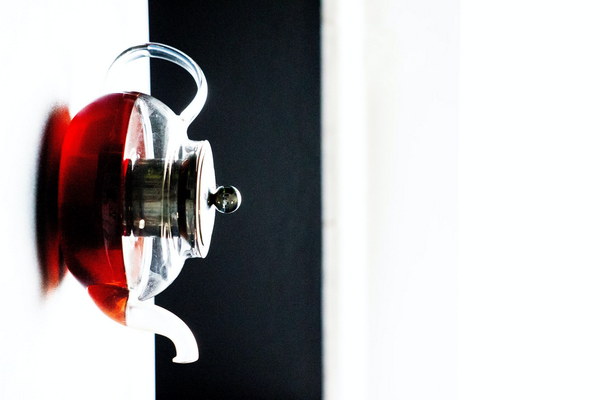Nourishing Your Way to Relief Natural Food Remedies for Cerebral Vasoconstriction
Cerebral vasoconstriction, a condition characterized by the narrowing of blood vessels in the brain, can lead to a range of symptoms such as headaches, dizziness, and even stroke. While medical treatment is crucial, there are certain natural food remedies that can help alleviate symptoms and promote overall brain health. In this article, we will explore the best foods to include in your diet to combat cerebral vasoconstriction.
1. Omega-3 Fatty Acids
Omega-3 fatty acids, found in foods such as fish, flaxseeds, and chia seeds, are known for their anti-inflammatory properties. These essential fats can help reduce inflammation in the blood vessels, thereby alleviating cerebral vasoconstriction. Incorporate salmon, sardines, and mackerel into your diet at least twice a week, and consider taking omega-3 supplements if you're not a fan of seafood.
2. Dark Leafy Greens
Dark leafy greens, such as spinach, kale, and Swiss chard, are rich in nitrates, which have been shown to relax blood vessels and improve blood flow. By adding these greens to your salads, sandwiches, and smoothies, you can support a healthy cardiovascular system and reduce the risk of cerebral vasoconstriction.
3. Beets
Beets are another excellent source of nitrates, making them a great addition to your diet. They contain a compound called betaine, which has been found to improve blood flow and reduce blood pressure. Include beets in your meals by roasting them, adding them to salads, or blending them into a smoothie.
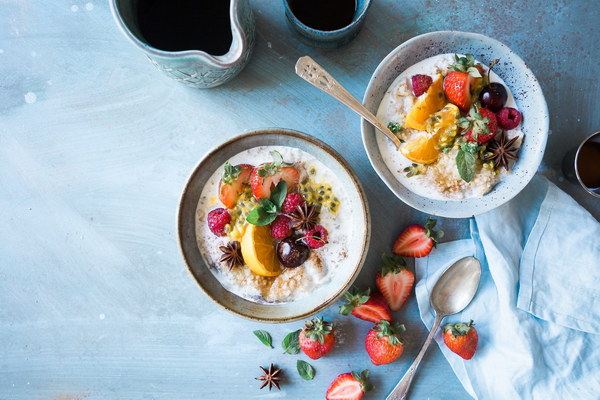
4. Berries
Berries, such as strawberries, blueberries, and raspberries, are loaded with antioxidants that protect against oxidative stress and inflammation. By incorporating these fruits into your diet, you can support brain health and reduce the risk of cerebral vasoconstriction. Enjoy a handful of berries as a healthy snack or add them to your morning oatmeal.
5. Garlic
Garlic has been used for centuries as a natural remedy for various health conditions, including cerebral vasoconstriction. It contains compounds that help relax blood vessels and improve blood flow. Add garlic to your meals by sautéing it with vegetables, incorporating it into marinades, or using it as a spread on whole-grain bread.
6. Green Tea
Green tea is rich in antioxidants called catechins, which have been shown to reduce inflammation and improve blood flow. By incorporating green tea into your daily routine, you can support your brain health and potentially alleviate symptoms of cerebral vasoconstriction. Aim to drink one to two cups of green tea per day.
7. Vitamin C-Rich Foods
Vitamin C is essential for maintaining healthy blood vessels and improving blood flow. Citrus fruits, such as oranges and lemons, and other vitamin C-rich foods, like bell peppers and strawberries, can help combat cerebral vasoconstriction. Include these foods in your diet to ensure you're getting enough vitamin C.
8. Coenzyme Q10 (CoQ10)
CoQ10 is a compound that plays a vital role in energy production and cellular function. It has been shown to improve blood flow and reduce inflammation, making it an excellent supplement for those with cerebral vasoconstriction. Consult with your healthcare provider before starting a CoQ10 supplement regimen.
In conclusion, incorporating these natural food remedies into your diet can help alleviate symptoms of cerebral vasoconstriction and support overall brain health. However, it's important to consult with your healthcare provider before making significant changes to your diet or starting any new supplement regimen. Remember, while natural remedies can provide relief, they should not replace medical treatment for this condition.
